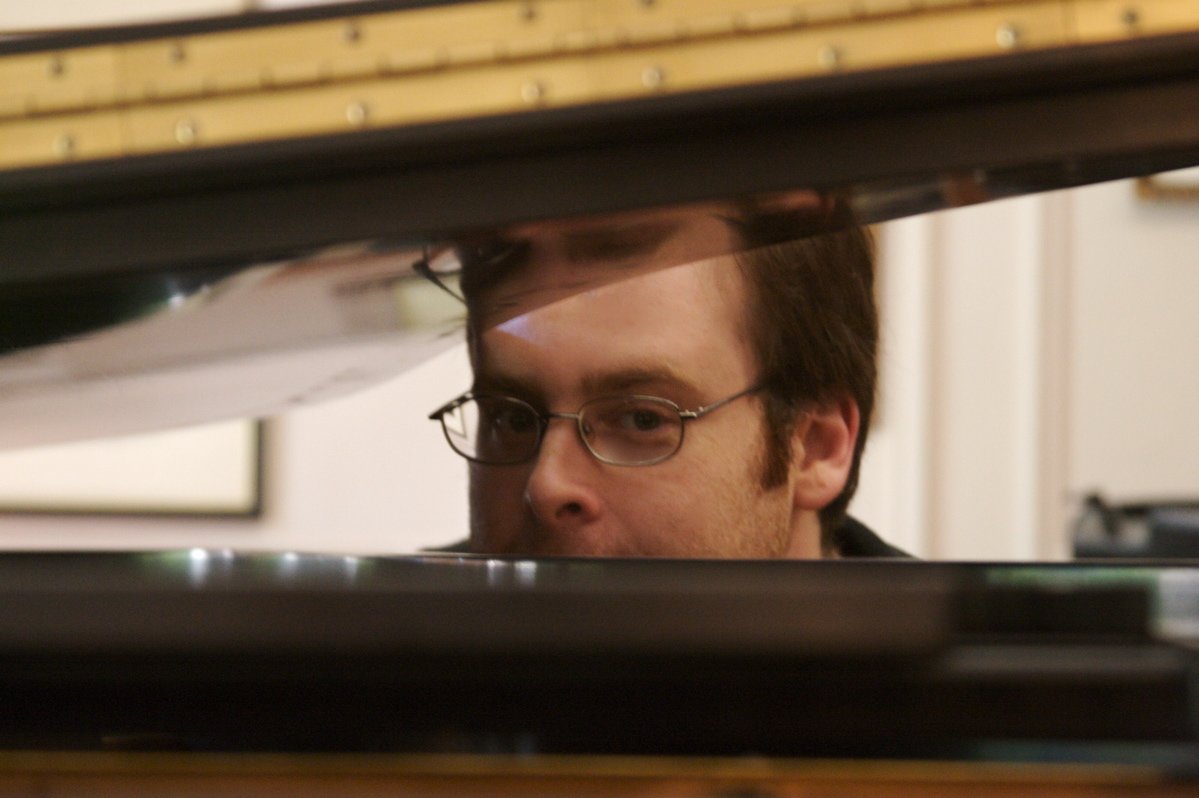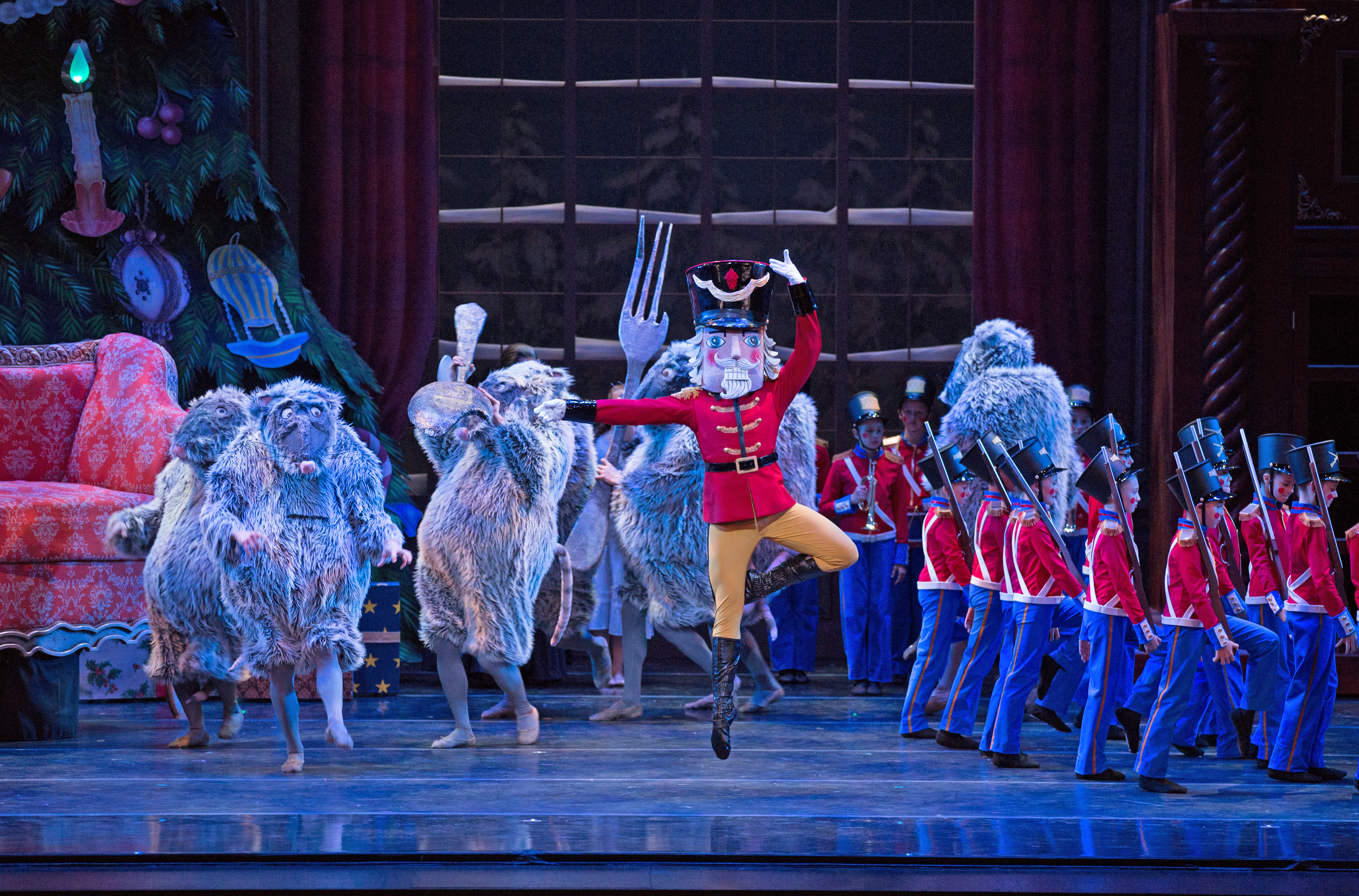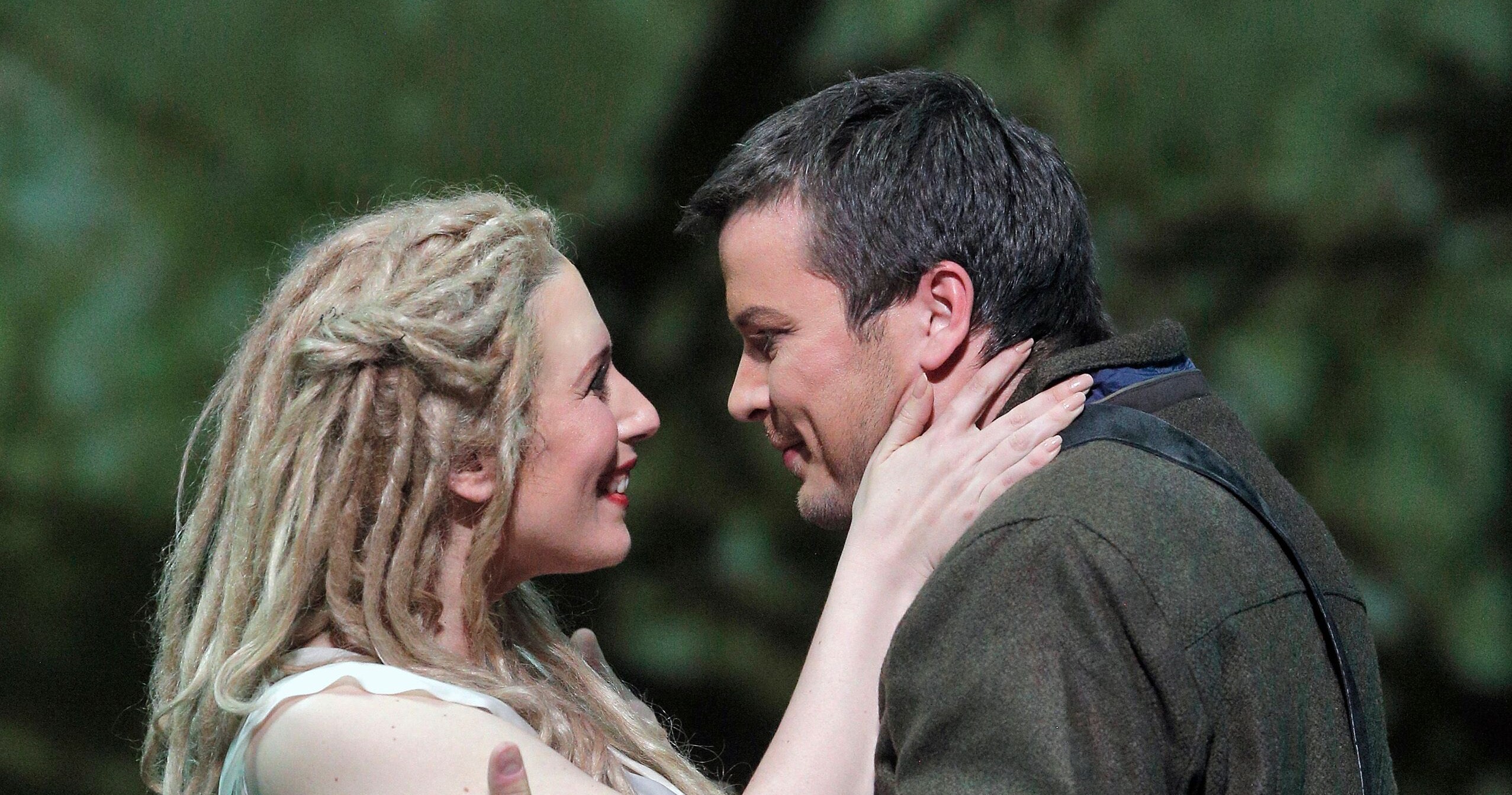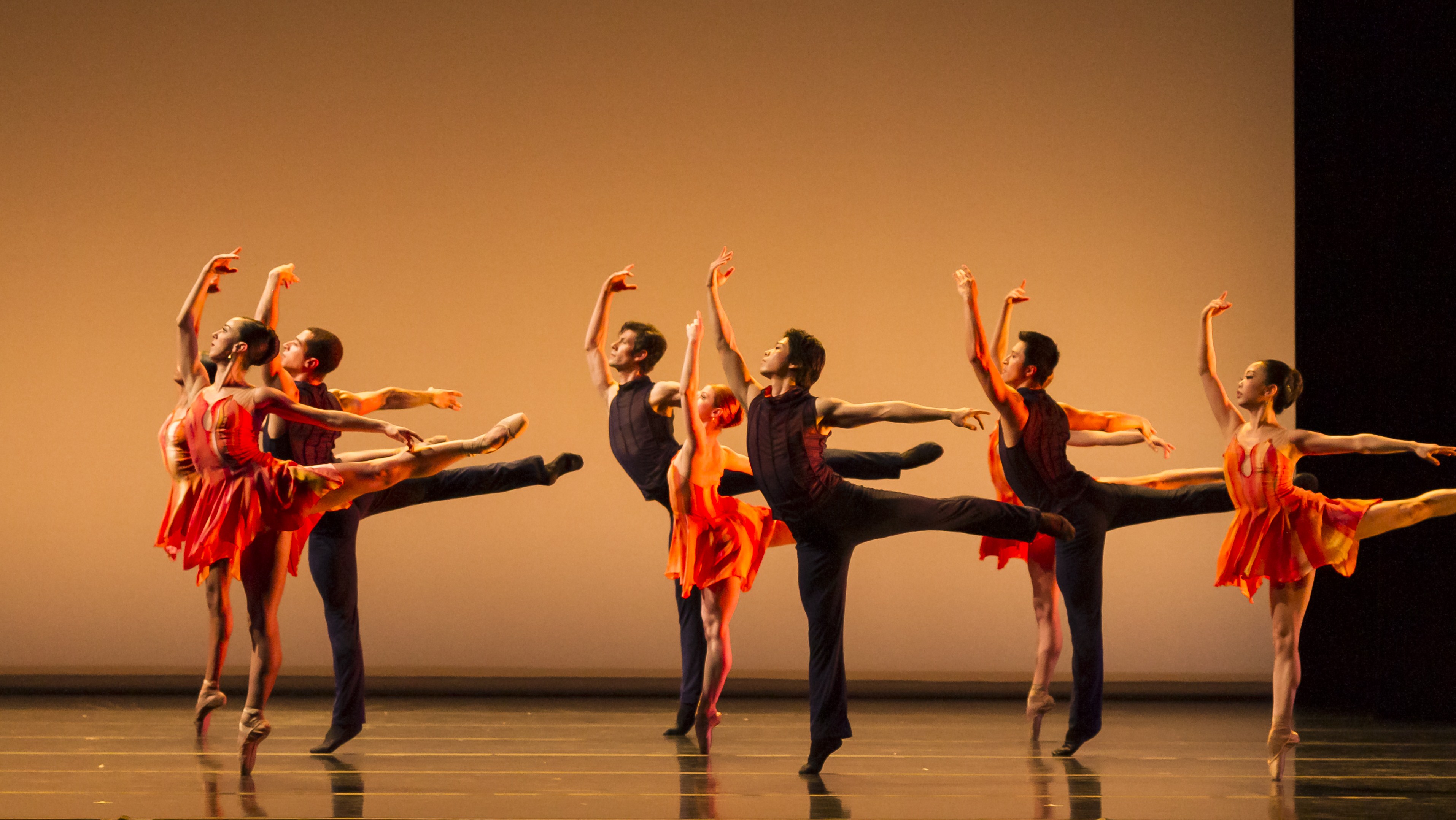IN REVIEW: After variable start, tenor impresses in second half of American recital debut
Tenor Stephen Costello possesses a natural, rich-auburn voice with a durable top, a pleasantly feathery lower register, a sweet head-voice that can shift into full voice with fetching ease, and a big capacity for warm pathos. The American artist, who made his Metropolitan Opera debut in 2007 and won the Richard Tucker Award in 2009, seems destined for a big career. At his American debut on March 5th on the Harriman-Jewell Series one had the impression that his gifts are still in the process of coming into full focus—and that his comfort level in a recital setting is far from complete. And despite the youthful beauty of his voice, at times one yearned for a wider range of color. There were, however, substantial portions in which we were able to enjoy the full flower of this promising singer.
The two halves of the program, divided by intermission, could not have been more different from each other. The first, sung entirely in Italian, found the singer struggling, not just with pitch and ease but, in one instance, a serious memory lapse. In the second half, nearly all of which was in English, he was a wholly different singer—confident, as relaxed as a cocktail singer, and vocally delivering in spades.
There were beauties in the first half, though, such as nonchalant ease of “Questa o quella,” from Rigoletto. The smoldering passion with which he imbued Liszt’s “Benedetto sia ‘l giorno” (from Tre sonetti di Petrarca) allowed us to overlook some pitch issues. These are wonderful songs, and they contain, as one might expect from Liszt, substantial piano parts that were ably negotiated by Stephen’s sympathetic and “always-there” collaborator at the keyboard, Danielle Orlando. In Tosti’s “Non t’amo più,” Stephen showed his special gifts for tristesse, delving whole-heartedly into its dual moods of indignation and resignation. Rossini’s “La danza,” on the other hand, sounded rushed and effortful, with the quick high notes rarely square-on.
With the exception of Lehar’s “Dein ist mein ganzes Herz,” where we were aware that his German diction does not quite match his Italian, the second half was a pleasure to hear. Two songs each by Quilter and Tosti, in English, found him a singer transformed—jovial and bearing a new and fresh countenance. “Danny Boy” he sang to honor his Irish roots, and with “I’ll Walk with God” he concluded the scheduled program. The encores were “Salut! demeure, chaste et pure” from Faust, sung with impressive fire and oomph, and Vincent Youmans’ blithe “Without a Song,” in which it seemed clear that if the Metropolitan were to ever stop calling, Stephen might easily dominate the Broadway stage.
To reach Paul Horsley, performing arts editor, send email to phorsley@sbcglobal.net.
Features

By Paul Horsley David Ludwig knows better than to attach a “back-story” to a piece irrevocably, although he has openly stated that his new Violin Concerto was inspired by his…

By Paul Horsley Each production of The Nutcracker is to some extent a balancing act between spectacle and dance. At best it seamlessly integrates the colors and stagecraft that keep…

By Paul Horsley The Lyric Opera of Kansas City deserves applause for taking on an opera in Czech for the first time in its history, but the opening performance of…






